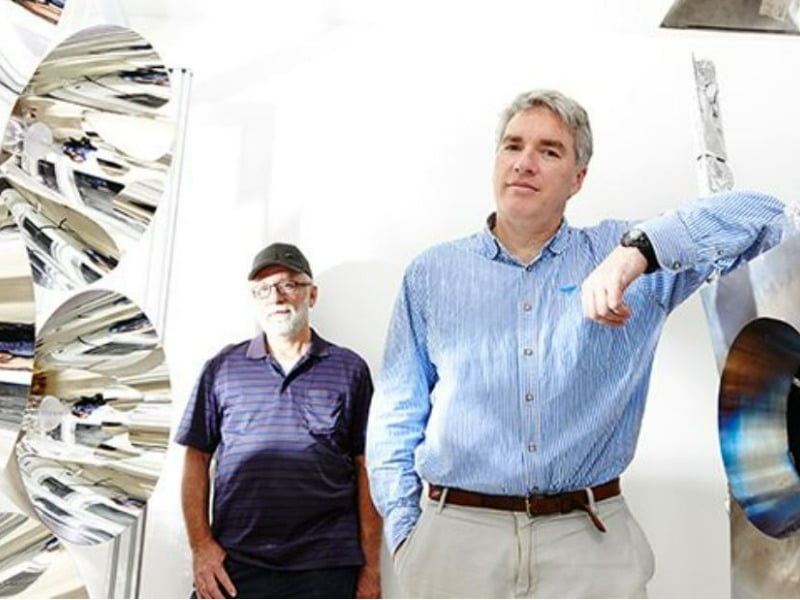With the launch of the first Artemis lunar mission fast approaching, Swinburne University has started looking at what technology is best suited to recycling the ‘junk’ already in space, with researchers exploring recycling on the moon.
Space junk is a problem, and its dangerous. The Swinburne researchers are looking at how that junk can be turned into a potential resource.
There is an estimated 100 million pieces or around 8,000 tons of space debris orbiting around the earth, consisting mostly of satellite and rocket scraps.
And there is an estimated 200,000kg of space junk sitting on the moon’s surface, an amount that will only increase with future missions.

According to the German startup Orbit Recycling, more than 150 tons of aluminium alone can be gathered and recycled on the moon, potentially saving billions of dollars.
The company calculated that the total cost of recycled aluminium on the moon would be about Euro150,000 per kilogram (A$227,000/kg), a fraction of the cost of the transported material cost from earth.
The Swinburne research group, led by Professor Geoffrey Brooks, Associate Professor Boris Eisenbart and Professor Alan Duffy, is focused on the recycling metals on the surface of the moon, and is working with other researchers from India, China and the United States on the challenges of mining on the moon.
The current work is looking at what furnace technology is best suited to recycling on the lunar surface. The researchers are investigating concentrated solar as a source of heat.
They have been making ceramics and metals using concentrated solar energy and regolith-like materials found on the surface of the earth to address this question.
This forms part of the Swinburne Space Technology and Industry Institute’s research interest in extraterrestrial resource processing.
Swinburne says lunar recycling represents a significant challenge, but is a critical issue to address, given that all major space organisations around the world are planning lunar missions.
“Now is the time to think responsibly what we leave behind in our future lunar missions, especially if we want to develop sustainable human presence on the moon,” the university said.
Do you know more? Contact James Riley via Email.


After nearly 20 years that I’ve been saying that we should recycle space junk on the Moon for many good reasons. I even created a concept to facilitate this. ( #spacejunkcollector ) Some scientists are now thinking about the benefits of recycling our space junk on the Moon. https://twitter.com/maxsundance1/status/1357966457309696002/video/1
https://www.linkedin.com/posts/jaime-p-oliveira-23129564_spacejunk-spacedebris-spacesustainability-activity-6765457399202545664-hVJN
Let’s start by knot adding more space junk…
“At the very least we need a comprehensive global regulatory regime, just as was created to protect Antarctica. Or perhaps something akin to the United Nations Convention on the Law of the Sea.
https://johnmenadue.com/space-invaders-better-broadband-or-sky-vandalism/